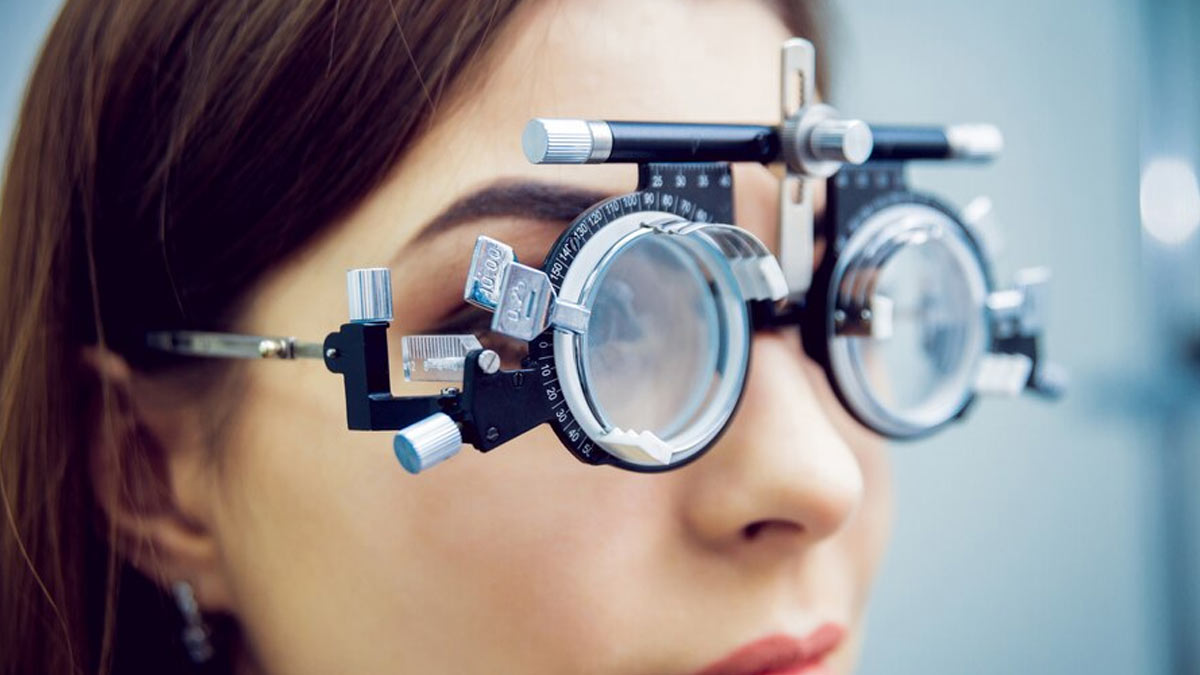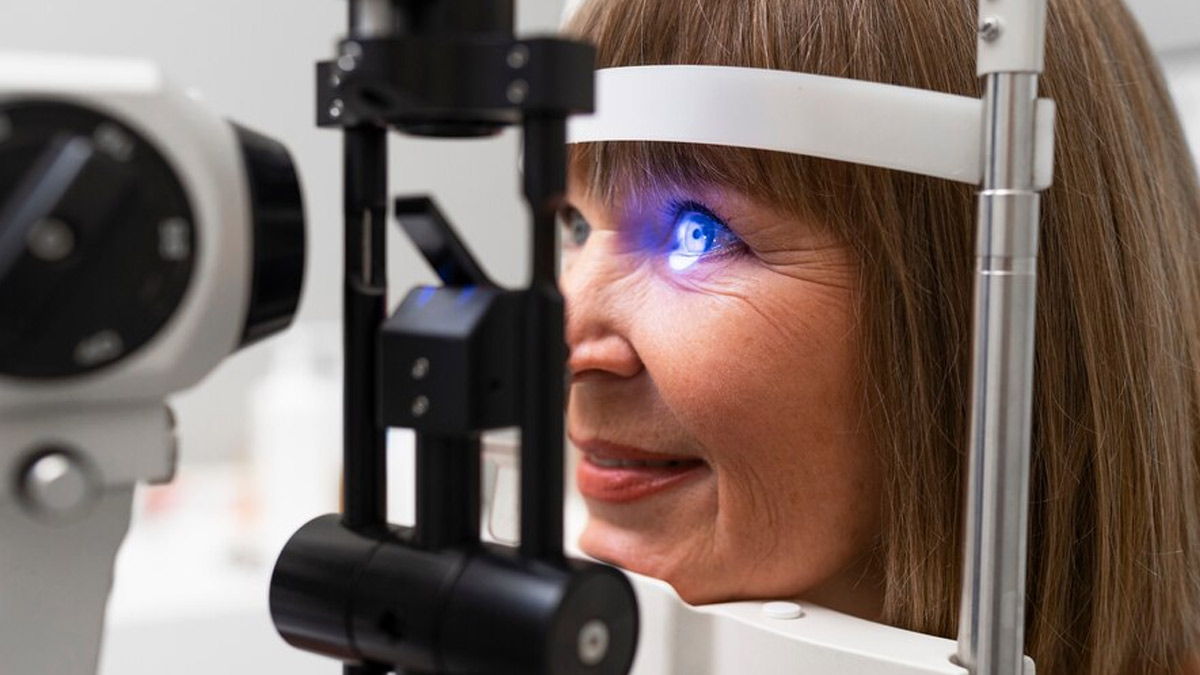
In today's fast-paced world, where our eyes are constantly exposed to screens and environmental stressors, regular eye check-ups are crucial for maintaining optimal vision and preventing potential eye problems. Many people wonder about the frequency of these check-ups and at what age they should start. Talking to the Onlymyhealth team, Dr Arun Sethi, Founder and Ophthalmic Director, Arunodaya Deseret Eye Hospital, Gurgaon shared the frequency of eye check-ups and the age at which you should start getting your eyes tested.
Table of Content:-
Why Regular Eye Check-ups Matter
According to research conducted by the Pandit Bhagwat Dayal Sharma Post Graduate Institute of Medical Sciences, there's a notable correlation between increased rates of refractive errors and prolonged activities such as extensive reading, excessive screen time (including television and mobile usage), and insufficient lighting conditions among students. “Children nowadays have exploited their use of digital screens, spending excessive time on digital technology and in air-conditioned environments. This behaviour, if continued, could lead to future generations needing larger eyeglasses, a prospect that may surprise many,” said Dr Sethi.

Our eyes are precious organs that enable us to see and experience the world around us. Routine eye examinations not only assess vision clarity but also detect early signs of eye diseases such as glaucoma, cataracts, and macular degeneration. Timely intervention can prevent vision loss and improve overall eye health.
Frequency of Eye Check-ups
“Regular eye check-ups can help detect eye problems on time,” said Dr Sethi. He listed the age intervals at which you should get eye checkups:
- Early Childhood (Age 1): The first comprehensive eye examination should ideally take place around the age of 1 year. This initial check-up helps identify congenital eye conditions and ensures healthy visual development in infants.
- Preschool Years (Ages 3 and 5): Children should undergo eye screenings at ages 3 and 5 to monitor visual acuity, and eye alignment, and detect any emerging issues that may affect learning and development.
- Annual Check-ups (From Age 6 Onward): Beyond early childhood, it is advisable to schedule routine eye check-ups once a year, starting from around age 6 and continuing throughout adulthood. These annual examinations are essential for adults and children alike to detect and manage vision changes, refractive errors, and eye health issues promptly.
Also Read: What Are The Most Prevalent Eye Disorders In India? Doctor Lists Four Eye Diseases

Importance of Early Detection
“Early detection of eye problems is paramount, especially in children, as their visual system is still developing. Regular check-ups help detect conditions like lazy eye (amblyopia), strabismus (crossed eyes), and refractive errors (nearsightedness, farsightedness, astigmatism) early on,” said Dr Sethi. Thus, timely intervention can prevent permanent vision impairment and support optimal visual function.
He said that the following people should especially get their eyes tested routinely:
- Digital Device Users: Individuals who spend prolonged hours on digital devices should consider more frequent eye examinations to address digital eye strain and related issues.
- Family History: Those with a family history of eye diseases such as glaucoma or macular degeneration may need more frequent check-ups as advised by their eye care professional.
Also Read: Doctor Explains The Role Of High Blood Pressure And Diabetes In Eye Diseases
Regular eye check-ups are not just about vision correction; they are proactive measures to safeguard eye health and preserve quality of life. Following the recommended frequency of eye examinations, starting from early childhood and continuing into adulthood, ensures timely detection of eye conditions and appropriate management. Remember, healthy eyes contribute to overall well-being and productivity.
Consulting an eye care specialist for personalized recommendations based on age, lifestyle, and medical history is crucial for maintaining optimal eye health throughout life. Prioritize your eye health with regular check-ups and enjoy clear vision for years to come.
Also watch this video
How we keep this article up to date:
We work with experts and keep a close eye on the latest in health and wellness. Whenever there is a new research or helpful information, we update our articles with accurate and useful advice.
Current Version